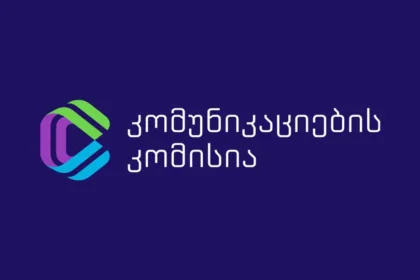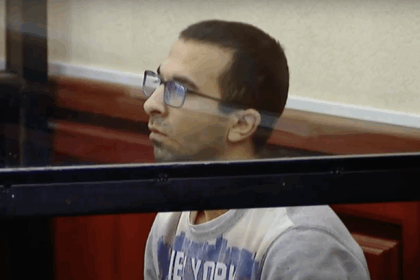“If 11 years are sufficient to complete the school curriculum, we should limit it to 11 years. If 11 years are enough, we cannot add a 12th year for another reason,” responded Georgian Prime Minister Irakli Kobakhidze to a journalist’s question regarding concerns that switching to an 11-year school program could limit students’ opportunities to pursue higher education abroad.
Kobakhidze explained that the country’s priority is for students to receive their education in Georgia. For students who wish to continue their studies abroad, the Prime Minister suggested alternatives: either leaving the country to complete the 12th grade elsewhere and then enrolling in university, or potentially adding the 12th grade in specialized schools within Georgia.
“Regarding the desire to continue studies abroad, our main goal — and the country’s priority — is for Georgian students to receive a high-quality education in Georgia. This is exactly what the reform plan we presented aims to achieve. Within 3–4 years, we want to significantly improve the quality of higher education in the country. Accordingly, Georgian students should receive most of their education in Georgia.
If a student wants to continue studies abroad, it is generally not desirable for them to go abroad from the first year. However, if they wish to do so, every opportunity will be provided. This may include adding a 12th grade in specialized schools in Georgia, or alternatively, the student can go abroad, complete the 12th grade there, and continue with higher education from the first year abroad. But the main priority for any respectable country should be for students to receive a high-quality education in their own country, and our concept is entirely focused on this,” Kobakhidze said.
Regarding whether the 12th grade will be abolished, Kobakhidze noted that a healthy discussion will take place on all issues.
“We will discuss every topic and, if improvements are needed, we are ready for that. The main thing is to have a constructive discussion on all issues. Take the 12th grade, for example — today, most students do not attend school in the 12th grade because they prefer to prepare for entrance exams. One problem is that the curriculum for the final grades is not aligned with the entrance exams, so students avoid attending school. This situation needs to change. Instead of students skipping school in the final grade, we need a healthy curriculum fully adapted to students’ genuine interests.”
Kobakhidze emphasized that the main challenge is quality, and the seven goals set within the reform concept are aimed at addressing this challenge.
“The main challenge is quality. We do not yet have proper, modern, high standards in the higher education system. This is the main challenge, and the seven objectives outlined in our concept aim precisely at addressing it. We want Georgian students to receive a high-level, high-quality education in our country. This is the primary goal of the higher education reform. A lot of work has been done, challenges have been clearly identified, priorities clearly set, and everything will be done to fully implement this concept. This is our main priority,” the Prime Minister said.
Irakli Kobakhidze: If 11 years are sufficient for the school curriculum, we cannot add a 12th year for another reason; As for the desire to continue studies abroad, our goal is for Georgian students to receive a high-quality education in Georgia












